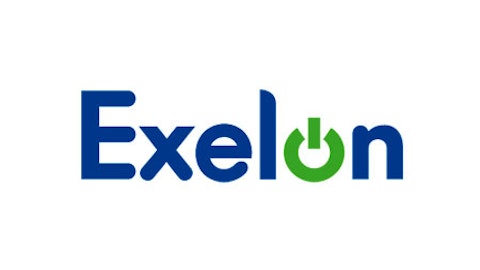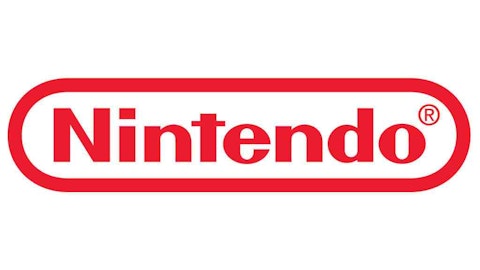Accounting errors and advertising problems won’t go away for two major U.S. retailers. Several lawsuits have hit Kohl’s Corporation (NYSE:KSS) in the past few months, and new complaints are emerging about J.C. Penney Company, Inc. (NYSE:JCP). Allegations of deceptive practices are wreaking havoc on the images of these two major-name department stores, and investors should be wary, when shopping and investing.
Accounting errors
Kohl’s Corporation (NYSE:KSS) is in court again, this time for a class-action lawsuit filed last week by investors and based upon the company’s August 2011 disclosure of accounting errors in amended financial statements.

On news of the disclosure back in 2011, the stock dropped precipitously by 8%, closing at $47.67. Then, in amended statements, Kohl’s Corporation (NYSE:KSS) said financial statements in 2010 and the first quarter of 2011 weren’t reliable. That announcement triggered another drop in stock, which closed 2.5% down on Sept. 8, 2011, to $43.87.
The lawsuit was brought by the City of Sterling Heights Police & Fire Retirement System (Michigan), and also names Kevin Mansell, president and CEO, and Wesley S. McDonald, executive vice president and CFO, a former Target Corporation (NYSE:TGT) executive. The lawsuit states that both knew information was withheld from investors.
The complaint centers on disclosure and misrepresentation violations, and includes five major accusations: reported debt was understated, equity was overstated, leverage ratios were understated, financial statements were false and misleading, and standards of accounting were violated.
Kohl’s Corporation (NYSE:KSS) operates more than 1,150 department stores in 49 states, and opened nine new stores in March 2013. The key competitors in Kohl’s family-targeted niche include Ross Stores, Inc. (NASDAQ:ROST) and The TJX Companies, Inc. (NYSE:TJX), all three companies advertise deep discounts on name-brand fashion and home products. Most analysts are neutral on Kohl’s outlook, though the company increased its dividend by 9% to $0.35 per share.
Big deals equal big lawsuits
In recent years, several inflated-pricing lawsuits have landed at department stores’ doorsteps. A California judge just reinstated a lawsuit alleging Kohl’s Corporation (NYSE:KSS) misrepresented list (non-sale) prices to inflate the appearance of markdowns on items. A jury will now decide if that case proceeds.
But Kohl’s Corporation (NYSE:KSS) isn’t alone: similar pricing troubles have plagued J.C. Penney Company, Inc. (NYSE:JCP), a company that has flip-flopped its advertising strategies in an effort to please the courts and consumers. Last year the company changed its pricing policy, in a move away from what then CEO Ron Johnson admitted were “fake prices.”
Johnson’s been ousted, after less than two years on the job, and former CEO Mike Ulman has returned, along with coupons and sales. But news is emerging that J.C. Penney Company, Inc. (NYSE:JCP) is back to its old tricks: reports say the company is again doubling prices before tagging racks with 50% sale signs. Also a class action lawsuit is pending against J.C. Penney, on claims of false price comparison advertising.
The store left behind its “best price” strategy and returned to promotions using the word “clearance” in August 2012. Inflated markdowns are addressed in a deceptive pricing guide from the Federal Trade Commission that insists retailers who advertise MSP should avoid the false impression that their prices are below area market prices. But many times, the FTC doesn’t closely police stores’ practices.
For J.C. Penney Company, Inc. (NYSE:JCP), advertising difficulties are the least of its problems. The company has watched revenue fall from $17.3 billion to $13 billion, year over year. The company has been in a state of free fall, with three different CEOs in two years, and is now relying on credit lines for operating capital.





